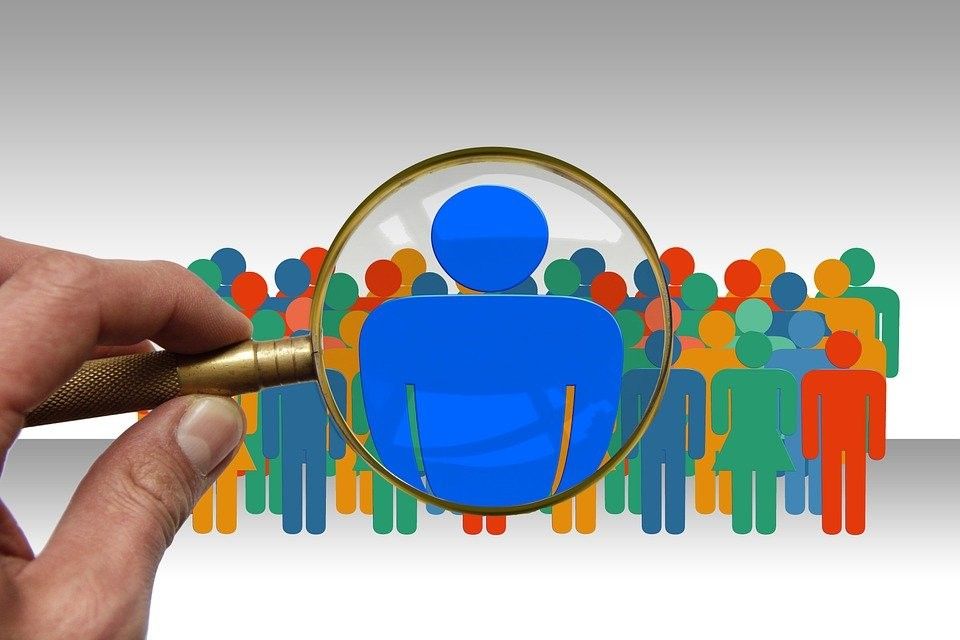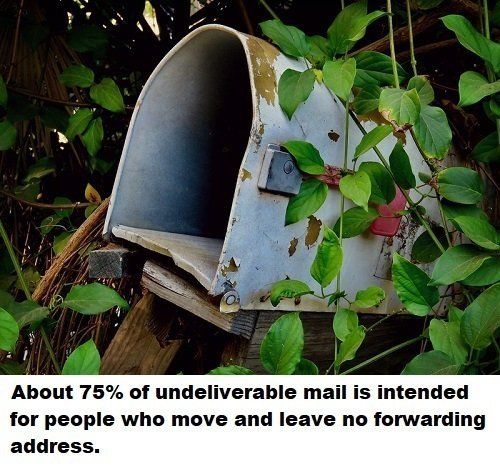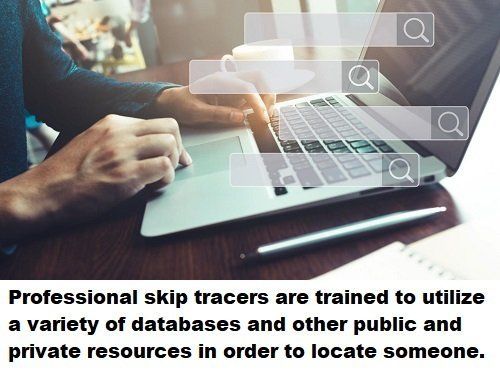What Is Skip Tracing?

Professional Skip Tracers Can Locate
Just About Anyone
If you’ve ever been unable to locate someone, you know how frustrating it can be.
This is why skip tracing is such a valuable tool. The healthcare collections industry uses skip tracing to locate patients who have overdue accounts, but whose contact information is inaccurate.
This often happens when the patient has moved but failed to provide a forwarding address. In fact, according to the U.S. Postal Service, almost 75 percent of all undeliverable mail is intended for residents who have relocated and left no forwarding address.
Hide and Seek
Returned mail, disconnected phone, wrong phone number, and change of employment are all clues that the patient’s contact information is no longer accurate.
It’s not unusual for skip tracers to search through massive amounts of both public and private information in order to locate someone. But access to such data must often be purchased.

Because the skip tracing process is both time- and labor-intensive, it requires not only access to information but also specialized expertise. It’s not a task for the inexperienced or untrained. Without proper training, you can easily (and inadvertently) violate privacy laws.
The starting point is often the patient’s credit report. A skilled skip tracer can quickly locate valuable information from the report, such as a new address or phone number, or recent credit activity.
If the credit report cannot be accessed – or if it’s not current -- the skip tracer will begin an internet search. All types of resources are accessed in an effort to collect the required information, such as:
The Skip Tracing Process
The starting point is often the patient’s credit report. A skilled skip tracer can quickly locate valuable information from the report, such as a new address or phone number, or recent credit activity.
If the credit report cannot be accessed – or if it’s not current -- the skip tracer will begin an internet search. All types of resources are accessed in an effort to collect the required information, such as:
--Article Continues Below--

- Phone number databases
- Social media (such as Facebook and Linkedin)
- Uniform Commercial Code (UCC) filings
- Bankruptcy records
- Property records
- Title searches
- Judgment liens
- Credit card applications
- Loan applications
If your patient has moved and left no forwarding address, he may not even be aware of the debt.
Locating him early in the skip tracing process provides him with the opportunity to pay off the debt before it harms his credit score.
- Tax filings
- Motor vehicle records
Why Use a Collection Agency for Skip Tracing?
As a health care provider, is your practice proficient in skip tracing? Probably not. Which means your accounting staff can waste a lot of time spinning their wheels in an attempt to track down patients who owe you money.

It also means you’ll be paying your employees’ wages, health benefits, etc., while they try to skip trace. These can quickly add up. And then, as previously mentioned, you must purchase access to many informational databases. This can also be costly.
Healthcare collection agencies like CBSI work on a contingency basis. So they’re paid only when they collect on the debt. Even more important, professional collectors are trained in using the various resources to locate people faster and more effectively than your staff can do on their own.
How much time and energy are you willing to waste trying to locate a patient who owes you money? Is that how you want your staff spending their time? Would they even know where to start?
Leave It to the Pros
CBSI's collection professionals are skip tracing experts. Using proprietary technology an advanced skip tracing skills, they'll locate even the most elusive consumers.
And they'll do it without jeopardizing your valued patient relationships or risking non-compliance with state and federal regulations.
Did You Know...
More than 80% of the past-due accounts placed with CBSI are already in their database -- a database that contains over 1.8 million accounts!
Recent Posts











Share On: